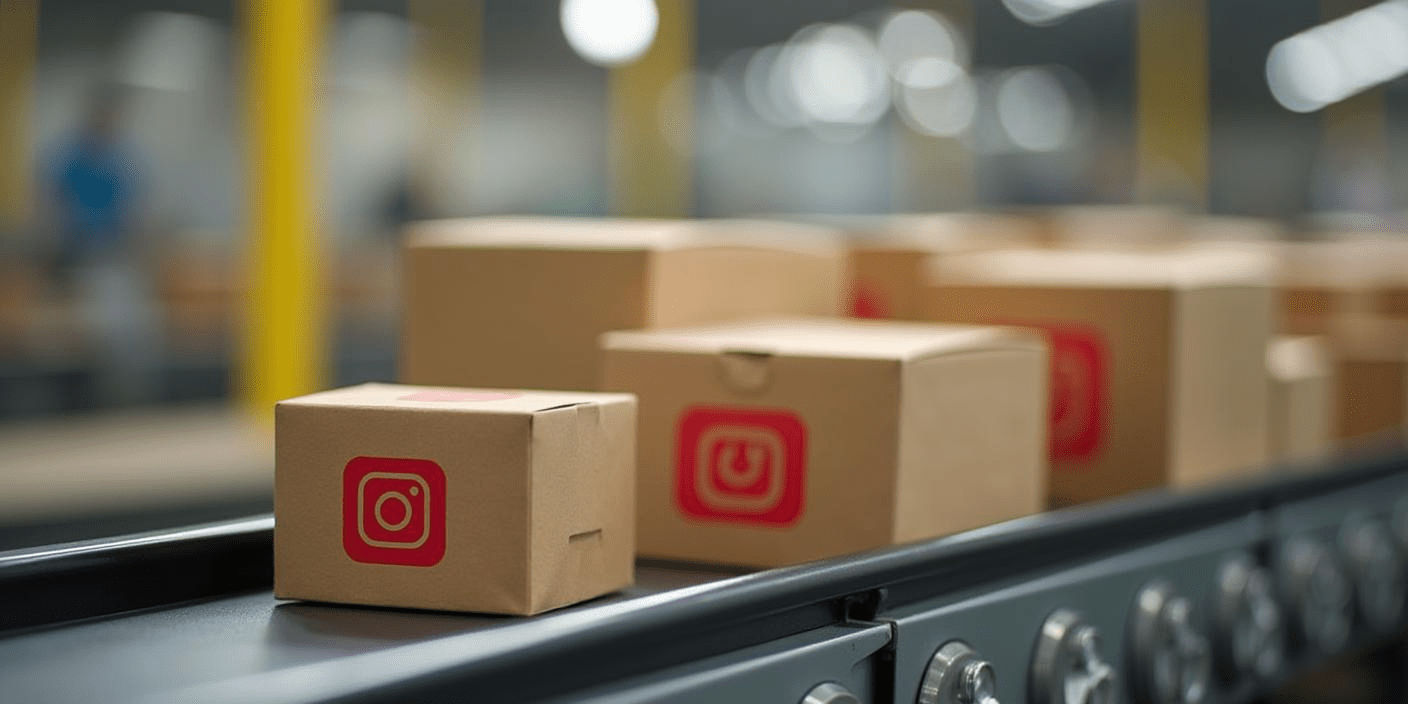What comes to mind when we hear a word like freedom? Many of the us imagine the opportunity to act as you want, without any restrictions. In our modern world full of technology and brands, a sense of freedom plays a key role in everyday life, especially when it comes to choosing products and services. But here's the question: Do brands really give us the freedom to choose, or do they create the illusion that we have a choice?
Freedom to consume: Fact or fantasy?
When you enter a store, there are hundreds of shelves filled with goods in front of you. Many brands compete for your attention, from coffee to smartphones, from clothing to cars. A sense of freedom, right? After all, you can choose any a product that you will love! But here's the catch: how much is your choice? really free?
Scenario 1: In the morning you are the hero of an ad
Imagine: You wake up in the morning, stretch, and think, " I want coffee." And then the question arises-which one? Your brain immediately starts remembering ads. “Nespresso. What else?"as George Clooney would say, right? Or maybe you want to Starbucksbecause there's a “coffee with you and a cool selfie”vibe? The choice seems to be yours, but in reality… it was planned by brands!
Marketing and Freedom: How Brands Guide Us
Marketers create whole worlds for us, where each brand represents its own philosophy, its own lifestyle. For example, if you buy a Tesla, it's not just a car — it's your contribution to the future and sustainability.
Brands influence our perception of choice through:
IdeologyQuestioner: These slogans make us feel that the choice is not just about buying a product, but about choosing a lifestyle, an identity.
EmotionsQuestioner: People often buy not the product itself, but the emotions that are associated with it.
Social norms: Popular brands create trends and shape our desires.

Illusion of choice or real freedom?
Now let's turn to the philosophy of freedom. Philosophers have always argued about what freedom is. Someone says that freedom is an opportunity to do any choice. Others argue that true freedom is conscious decision-making, even if the choice is limited.
In consumer culture, this dilemma becomes even more complex. We often don't think twice, why we choose a particular brand. We may think we're making our own choices, but perhaps our choices were subconsciously shaped by a powerful marketing machine.

But what about the feeling of independence?
Of course, many brands give us a sense of independence, even though they control the decision-making process. For example, if you choose organic products, you feel responsible for your health and nature. If you buy branded sneakers, you feel like you're part of a global fashion culture.
Brands give us a choice, but this choice is the result of a carefully thought-out strategy. For example, it is a well-known fact that when people see fewer options, they feel happier and more confident in their decision. That is why many stores offer a limited range of top products, helping customers make decisions easier.
How to stay free in the world of brands?
Informed choiceQuestioner : Before you buy something, ask yourself: is it yours desire or imposed by the brand? It's important to be aware of when your choice is based on marketing triggers, and when it's based on a real need.
Less is betterQuestioner : The more choices there are, the harder it is to make a decision. Limit yourself, choose a few favorite brands, and be with them.
Don't be afraid to be differentQuestioner: Sometimes you should move away from the trends and choose something non-standard. This will give you a real sense of freedom.








